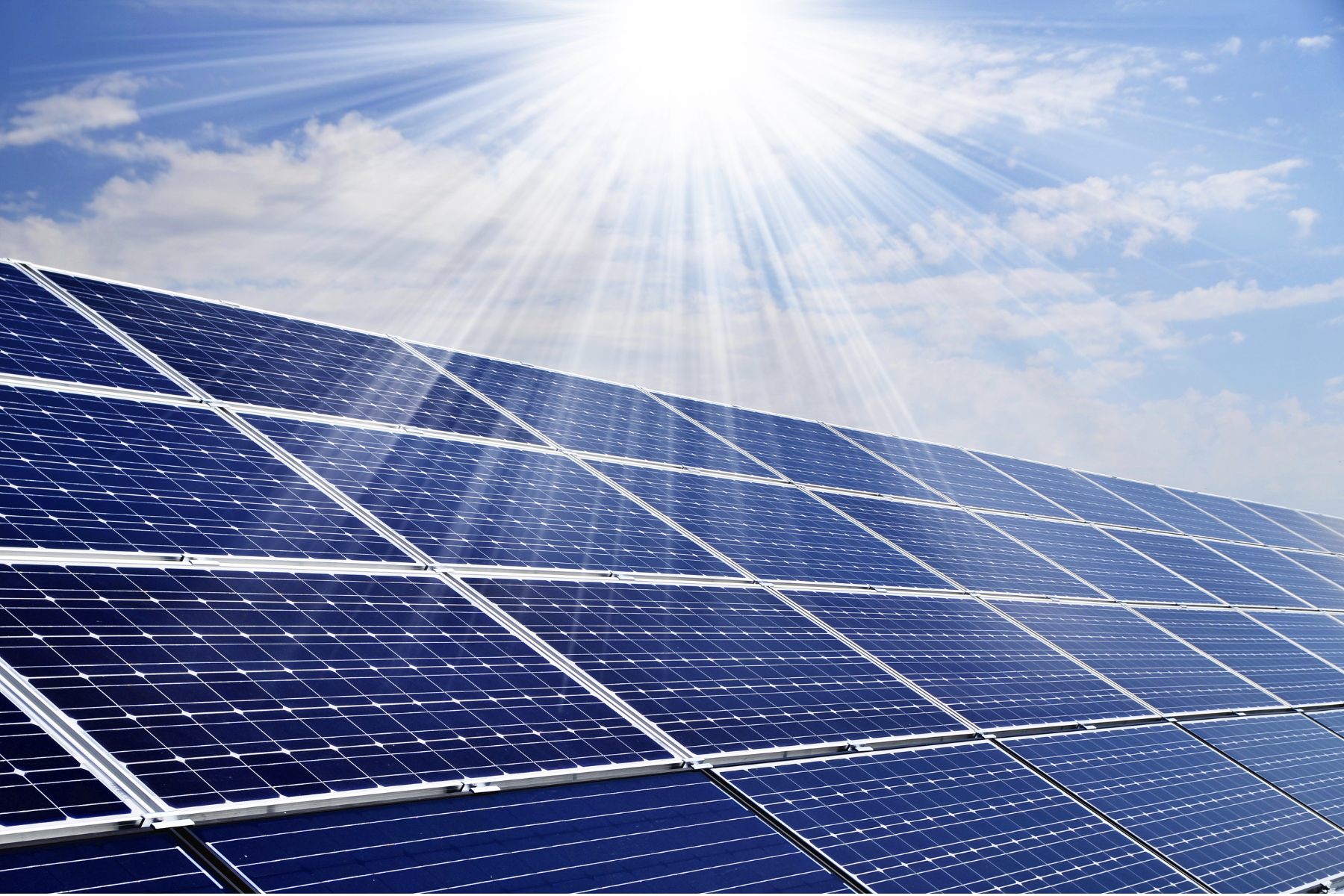
Resources
According to SEIA, Wisconsin is currently home to 185 solar companies, which created 3,274 solar jobs, including field crews, office personnel, and factory workers As of 2022, the total value of Wisconsin’s solar market was $1.5 Billion, and is expected to nearly quadruple in the next 5 years.
Since the passage of the Inflation Reduction Act in 2022, there has been a surge of PV and EV manufacturing, assembling, and mining operations. That is to say, these are New businesses, offering New jobs, and adding New revenue streams to Our Local Economy! Check out this interactive map from Energy.gov to learn more about the specific companies and their contributions.
Utility bill savings
Solar is a Strong Economic Driver
Wisconsin experiences a wide range of weather, from cold winters to hot summers. Surprisingly, this diverse climate can actually enhance the effectiveness of solar panels. Cooler temperatures, for instance, reduce electrical resistance in wires, boosting solar performance. Even on overcast days, solar panels continue to generate energy, making the most of Wisconsin's variable weather. Plus, given the high electricity costs in the state, investing in solar allows residents to offset utility expenses, resulting in a strong return on investment (ROI), particularly when factoring in available financial incentives.
Why Solar in Wisconsin?
In 2022, the Inflation Reduction Act was signed into law, earmarking funding specifically for solar tax credits and competitive grants. Within the solar sector, this act brings unprecedented stability by ensuring that the Investment Tax Credit (ITC) rates remain predictable through 2035. Prior to the IRA, the ITC often fluctuated, causing uncertainty for businesses and homeowners. Now, with the IRA in place, both can confidently invest in solar systems, knowing they will receive the expected incentives.
As we emerge from the challenges of the pandemic, supply chain issues are gradually resolving, and material prices are stabilizing. This convergence of factors creates an ideal environment for customers to plan for upcoming solar installations, while solar companies can strategically map out their future projects.
Moreover, the benefits extend to non-profit organizations and investors who seek to promote environmental justice. By participating in solar initiatives, investors not only contribute to a greener future but also enjoy an ITC boost. The Investment Tax Credit (ITC) offers a substantial 30% reduction in federal income taxes for both businesses and homeowners who choose to invest in solar*.
For instance, in a residential scenario, a $25,000 PV installation would render a $7,500 tax credit. On the commercial front, a $250,000 PV installation would result in an impressive $75,000 tax credit. Additionally, taxable business entities can leverage depreciation in year 1, enhancing their financial benefits. Non-profit organizations can also reap the rewards, as a $250,000 PV installation would qualify for a direct payment of $75,000, while depreciation may not apply, other grants or rebates may be accessible to further augment the financial benefits of going solar.
Financial Incentives
Investing in solar not only saves you money but also contributes to a cleaner environment and a more sustainable future—all while enjoying significant financial incentives through the ITC. It's a win-win for your pocket and the planet.
*Pieper Electric, its parent company, subsidiaries, and affiliates are not tax professionals, and the above does not constitute tax or legal advice.




